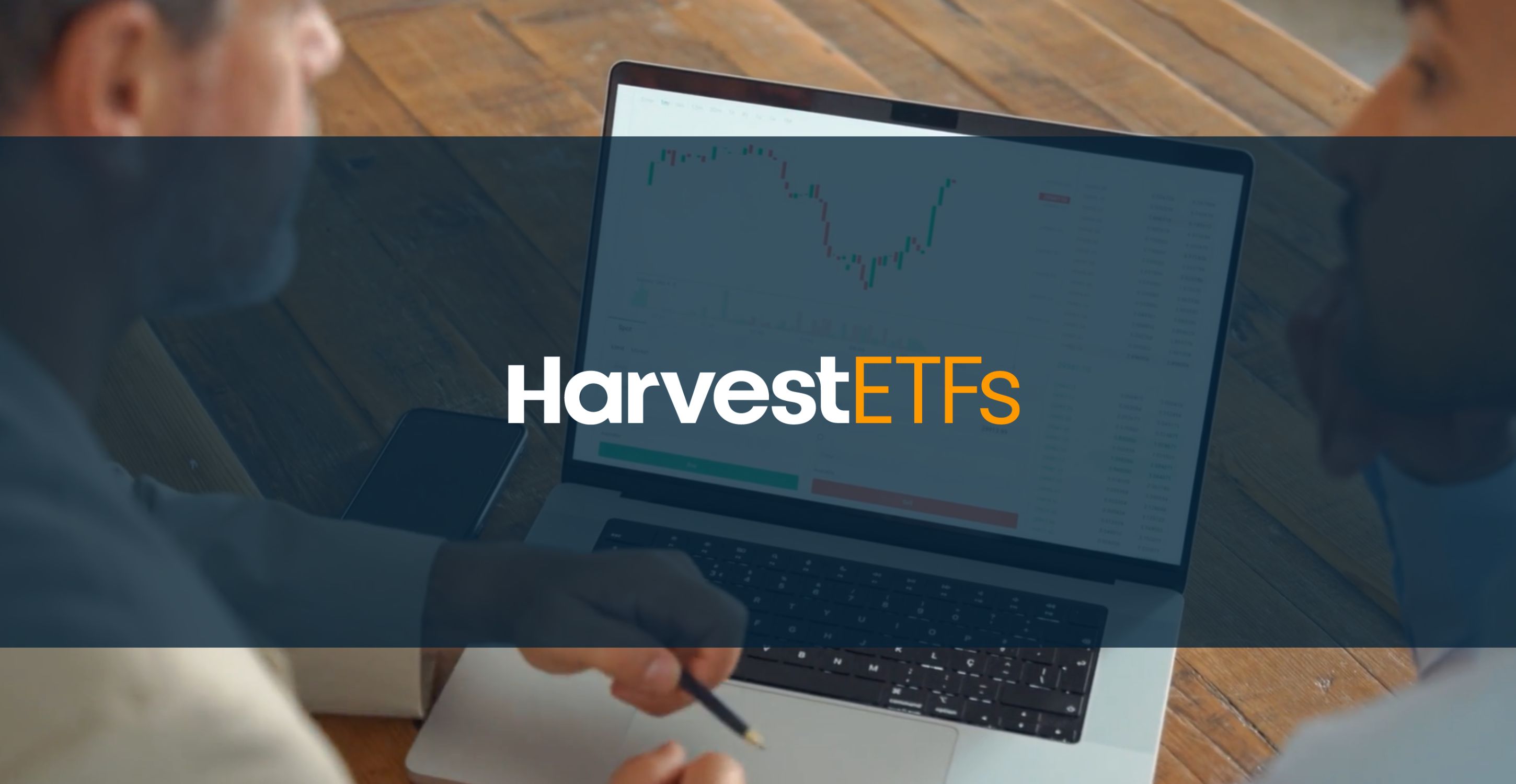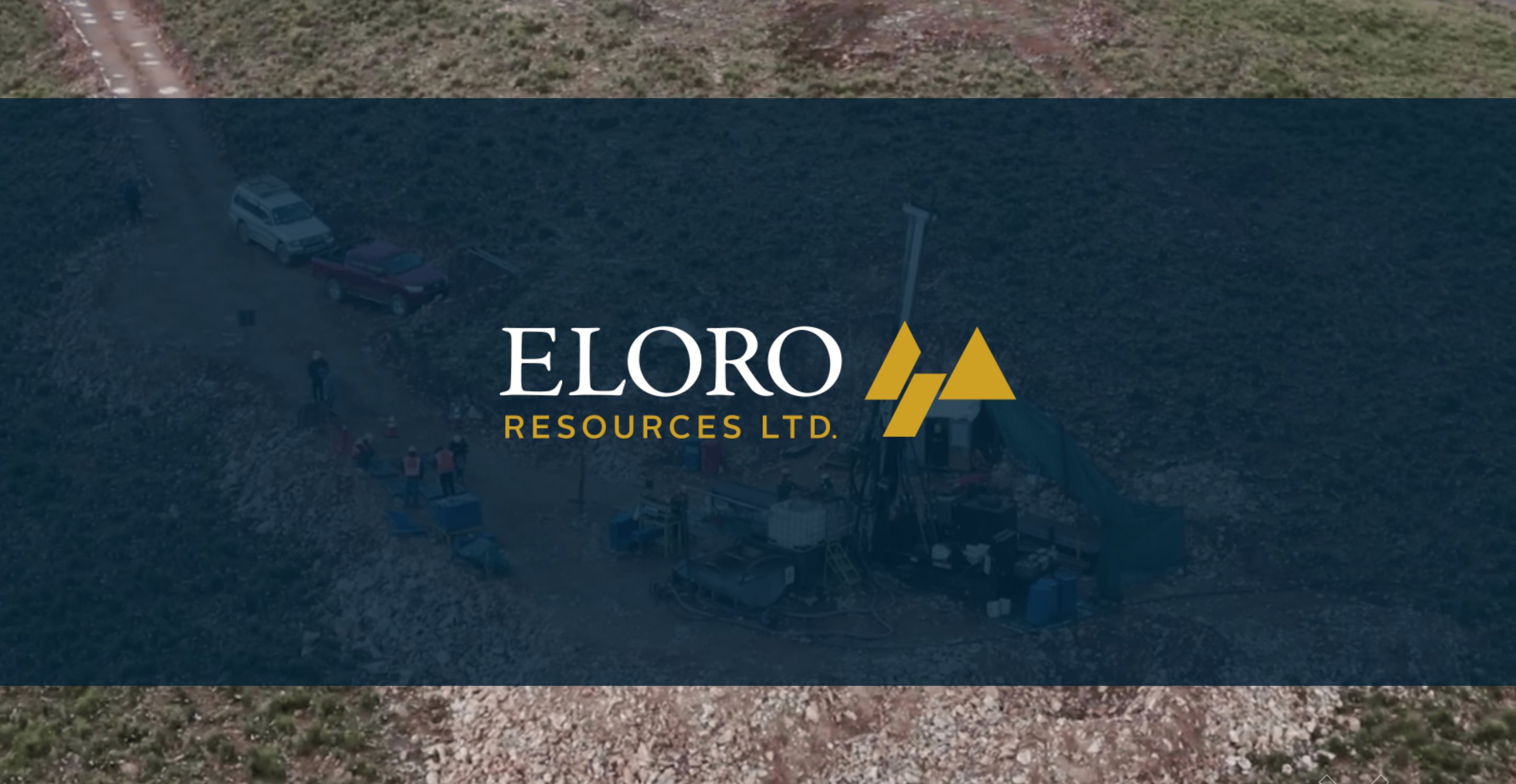Investing for Beginners: What are Exchange-Traded Funds?
ETFs or Exchange-Traded Funds are funds that replicate an index performance and are traded on the stock exchange as if they were securities of a compa …
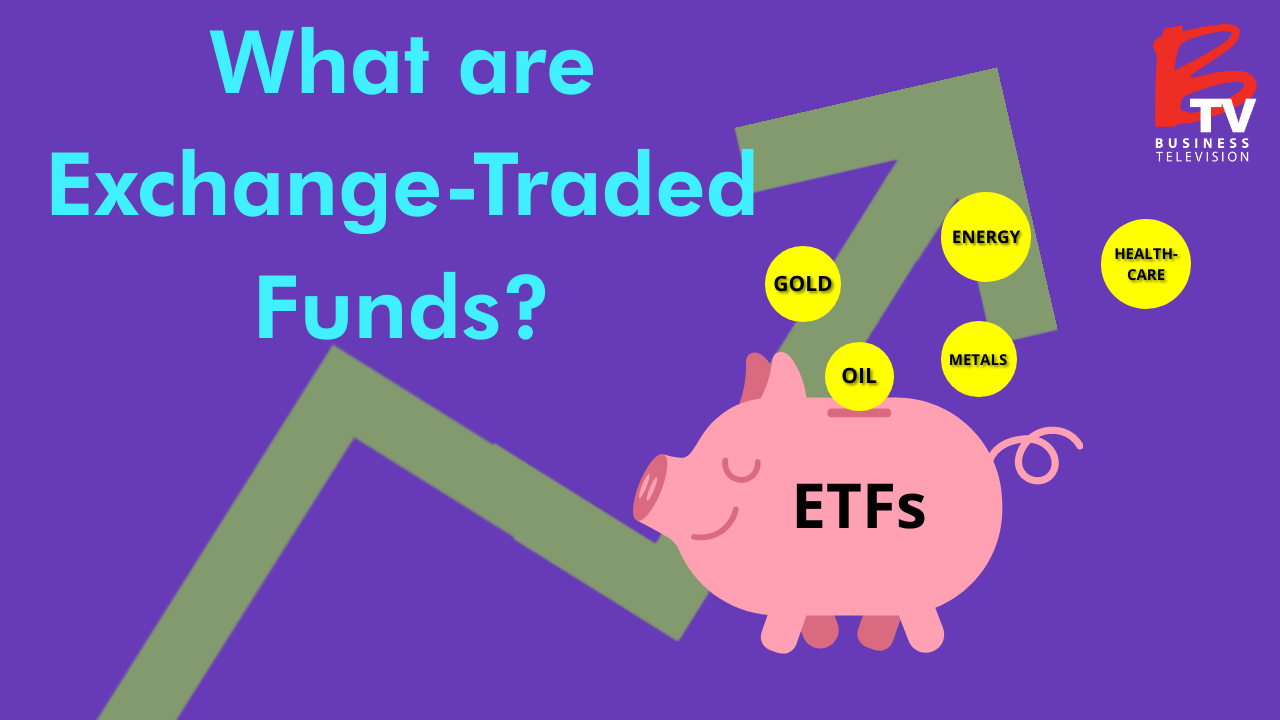
ETFs or Exchange-Traded Funds are funds that replicate an index performance and are traded on the stock exchange as if they were securities of a company. When an investor buys a share of an ETF, it is as if he is buying all the shares in the reference portfolio.
These funds emerged in the United States in the 1990s and have since gained popularity worldwide. In 2015, the ETF industry surpassed the hedge funds with nearly $3 trillion of assets under management worldwide.
The benefits of ETFs:
Cost-effective
An ETF is an alternative that allows investors access to a diversified portfolio without having to invest individually in all the securities that make up that portfolio.
What makes ETFs such a practical investment is the fact that an investor doesn’t have to manage all stocks individually. They also don't bear the cost to buy and sell them in order to maintain the composition of the stock index.
A passive way to invest
An ETF is an interesting alternative for those who want to invest in the stock market but don’t have the time or willingness to choose individual stocks. Their composition is made in order to achieve yields equal to or higher than the indicator used. This investment is managed by a specialized manager. Every day, they follow the market and make the necessary purchases and sales for the best results. They often have lower management costs than active funds and costs are simpler to calculate.
Diversification – how to invest in several stocks at the same time
One of the characteristics of ETFs that catches the eye of an investor is the possibility of diversification. Rather than allocating resources into a single stock that can fluctuate sharply, ETFs make it possible to dilute resources into multiple assets. Thus, if the price of one share collapses, the other stocks may offset the tumble.
The possibility of investing in different companies at once – without having to look into the behaviour of each company – is also noted by experts as a strong point for ETFs.
Transparency
The portfolio composition and all other information about an ETF is made available to the market clearly and openly. Which means, the investor can track exactly how much each share is worth at any given time.
Liquidity
Because they are traded in the market, investors can sell their shares and make their investments at any time. This makes the ETF a more liquid product than traditional funds.
Access
ETFs allow access to different asset types in a single operation. So, it’s possible to invest in assets that previously could be inaccessible to the investor, such as assets with a high acquisition cost, or shares of international companies, for example.
Be aware of the risks
Even though it seems like a very simple investment, investors should be careful. They should do a good analysis before investing their money.
Depending on a company’s participation in the index, a company’s downfall tends to reflect in the index’s performance and, consequently, that of the ETF. There is also the inherent risk in the price variation of the shares that make up the index, as well as the liquidity risk of the shares.
Past performance is not a guide for future performance and should not represent the sole analytical factor for product selection. The value of investments may go up or down and the investor may not recover the amount invested. Also, tax levels and bases, as well as tax reductions may change.
Conclusion
Convenient, practical, simple, transparent, affordable and diverse by nature. ETFs are recommended for investors with a moderate and bold profile. So, if you fit this profile, be aware that ETFs can be a perfect gateway to the stock market.
What many people are unaware of is that there are different ways to enter the stock market. It’s possible to escape the strong volatility of these assets and the need to closely monitor each company in the stock market.
For those who are afraid or think they don’t have enough knowledge to buy stocks directly, investing via ETF may be a good option. It ensures indirect exposure to the market. Leaving a portfolio manager the role of choosing and exchanging, when necessary, the stocks that are in the portfolio. Furthermore, it’s possible to choose an ETF geared towards a group of specific assets, such as small caps, commodities, traditional sectors or even startups.
If you enjoyed this content, remember to “Like” and “Follow” us on the links below to receive more investment tips for beginners!
Newsletter | Facebook | Instagram | Youtube | Twitter| LinkedIn | B-TV.com
You’ll also receive stock market data and updates, company profiles and the largest library of CEO interviews in North America.
Latest Articles
Hot Companies
You might also like
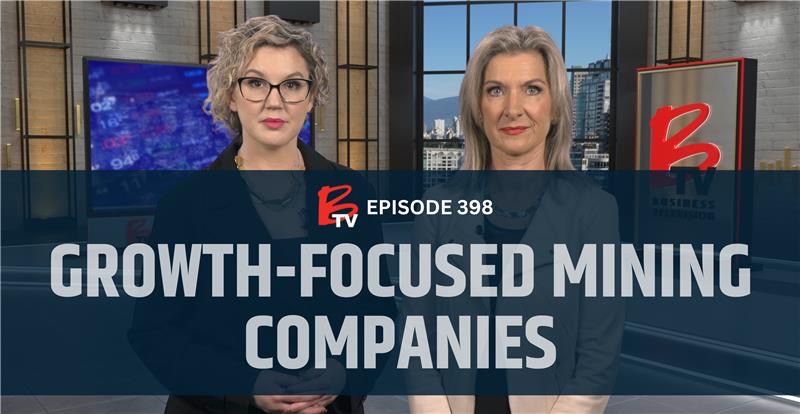
BTV Showcases Contango Ore, Critical Elements Lithium, Dryden Gold, FireFox Gold, Kirkland Lake, Klondike Gold, and Selkirk Mines
This week, BTV - Business Television we feature growth-focused mining companies advancing major projects across North America and Europe. From emerging producers and strategic combinations to high-grade exploration and critical mineral development, this episode highlights the next wave of opportunity in the resource sector, including:
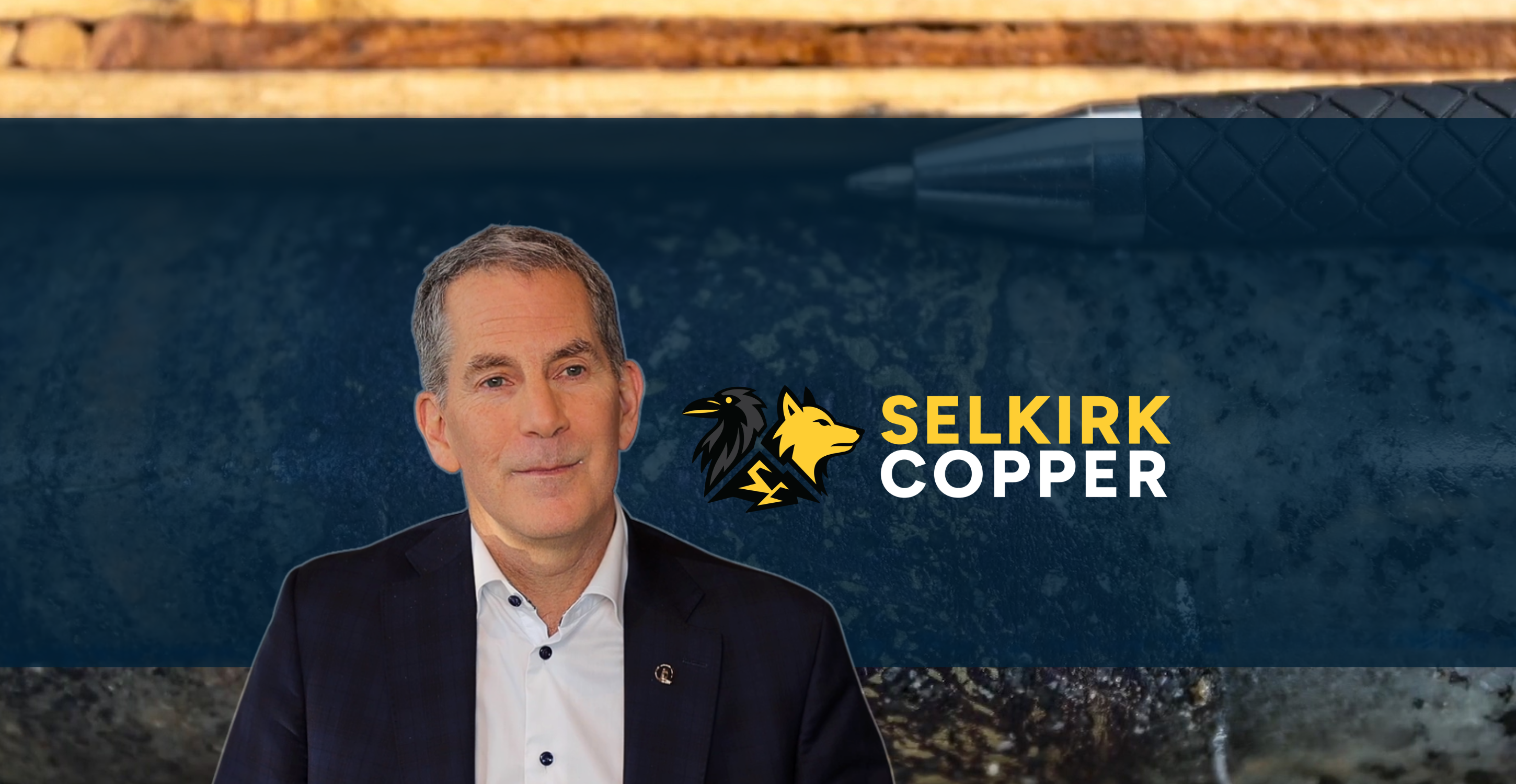
Selkirk Copper: A Yukon restart positioned to deliver new Canadian copper supply by 2028
A 50,000-metre drill program began last summer to expand understanding of the resource and guide updated mine design. The goal is to define a 12–15 year mine life while refreshing permits and engineering.

